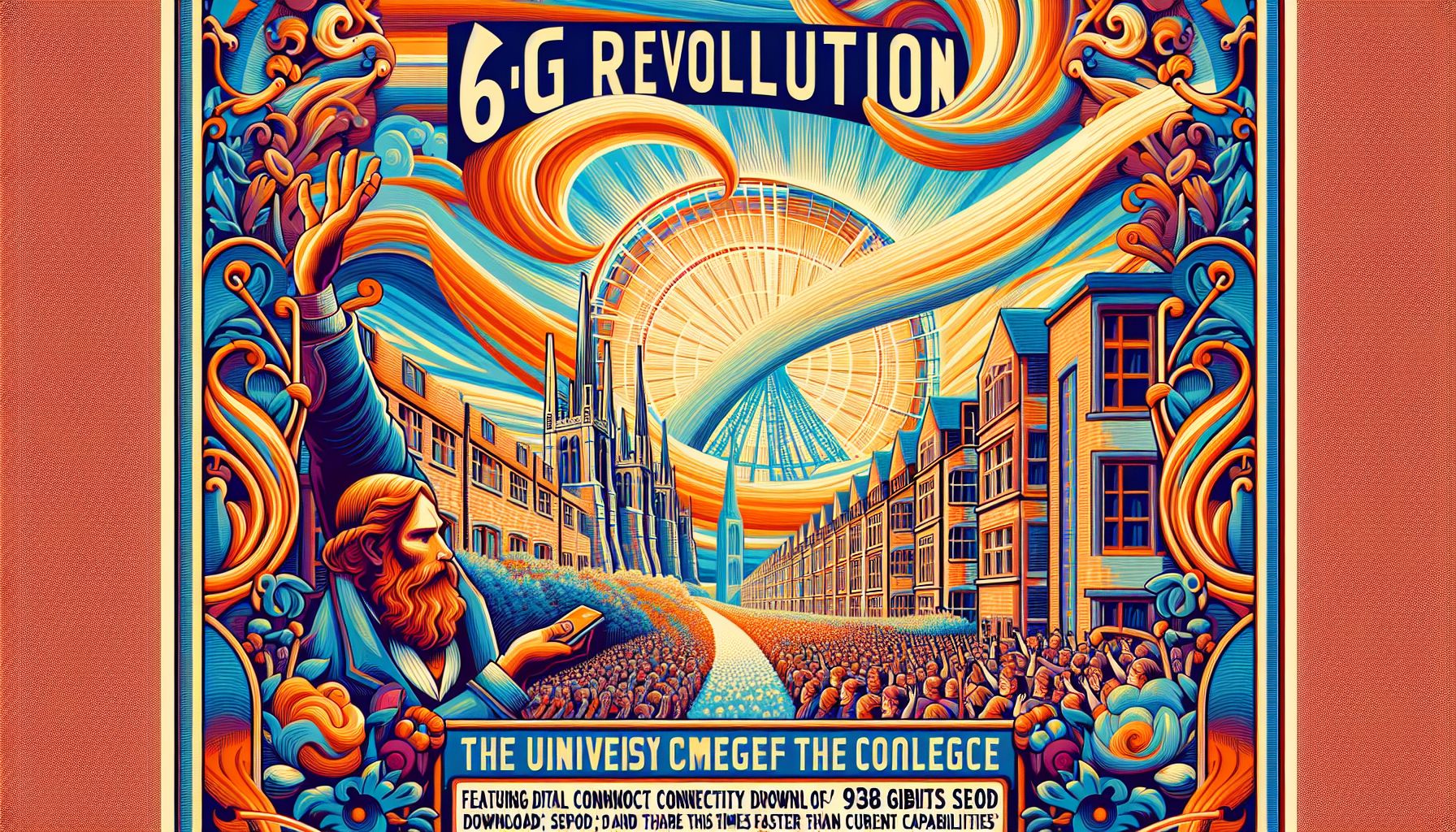6G Revolution: UCL Achieves Record-Breaking 938 Gb/s Download Speed

Rotterdam, Thursday, 17 October 2024.
University College London researchers have achieved a groundbreaking milestone in 6G technology, demonstrating a download speed of 938 gigabits per second. This advancement, over 9000 times faster than current 5G capabilities, marks a significant leap in digital connectivity and data transmission potential.
Unprecedented Speed and Capability
The breakthrough by University College London (UCL) researchers not only sets a new benchmark in wireless communication technologies but also reshapes our expectations for digital connectivity in the near future. By achieving a download speed of 938 gigabits per second (Gb/s), this innovation can drastically enhance the efficiency of data-intensive tasks. For context, this speed allows the download of more than 20 full-length movies in just one second, illustrating a transformative potential for both consumer and industrial applications[1].
Technical Foundations of the 6G Leap
The remarkable speeds were achieved using an extremely wide frequency spectrum ranging from 5 to 150 gigahertz (GHz). This broad spectrum enables a higher data transmission capacity, crucial for the next-generation 6G networks. UCL’s team employed advanced digital-to-analog converters for lower frequencies while utilizing optically modulated signals for the higher frequency bands. This meticulous integration of diverse frequency bands resulted in minimal data interruption, with only 300 megahertz gaps between bands[1].
Global Implications and Future Prospects
While the practical implementation of 6G will likely present lower speeds due to interference and infrastructure limitations, the potential for such high-speed connectivity is already prompting significant interest among global technology leaders. Companies like Samsung and Apple are actively developing 6G technologies, suggesting a competitive race to refine and commercialize these groundbreaking capabilities[2]. As nations vie for leadership in this technological frontier, advancements like UCL’s serve as pivotal milestones in the global 6G development narrative.
Challenges and Economic Impact
Despite the promising advancements, economic and infrastructural challenges remain. The Radio Access Network (RAN) market, which underpins mobile network infrastructures, is experiencing a downturn, with revenues projected to decline until 6G becomes widespread. However, the anticipated $30 billion in 6G RAN revenues by 2033 underscores the economic significance of overcoming these hurdles[3]. As such, investments in 6G technology are not only about technological advancement but also about securing economic competitiveness in the digital age.

